Here is a list of questions and answers that are often asked of our patients. We hope you find them helpful, but please do not hesitate to call us at 262-246-6486 if there is anything we can personally answer for you.
It helps us to diagnose caries, periodontal disease, abscesses, bone loss, tumors, and other abnormalities of the dentition and keep you healthy.
It depends on where in the mouth you are numbed, but generally it lasts anywhere from 2 to 5 hours.
Its best to wait for the numbing to subside which can be anywhere from 2 to 5 hours.
Generally, no. However, it’s advisable to use a toothpaste containing fluoride to decrease the incidence of dental decay. We recommend our patients use what tastes good to them as long as it contains fluoride.
Flossing of the teeth once per day helps to prevent cavities from forming between the teeth where your toothbrush can’t reach. Flossing also helps to keep your gums healthy.
Both bridges and partial dentures replace missing teeth. A bridge is permanently attached to adjacent teeth or, in some cases, implants. A partial denture is attached by clasps to the teeth and is easily removed by the patient. Patients are usually more satisfied with bridges than with partial dentures.
While most teeth that have had root canal treatments do need crowns to strengthen the teeth and to return the teeth to normal form and function, not every tooth having a root canal needs to have a crown.


